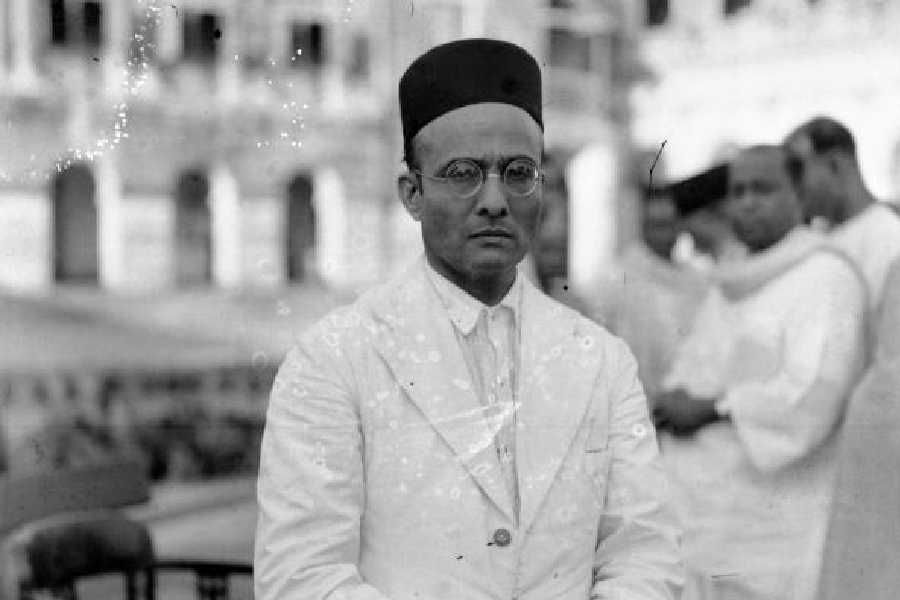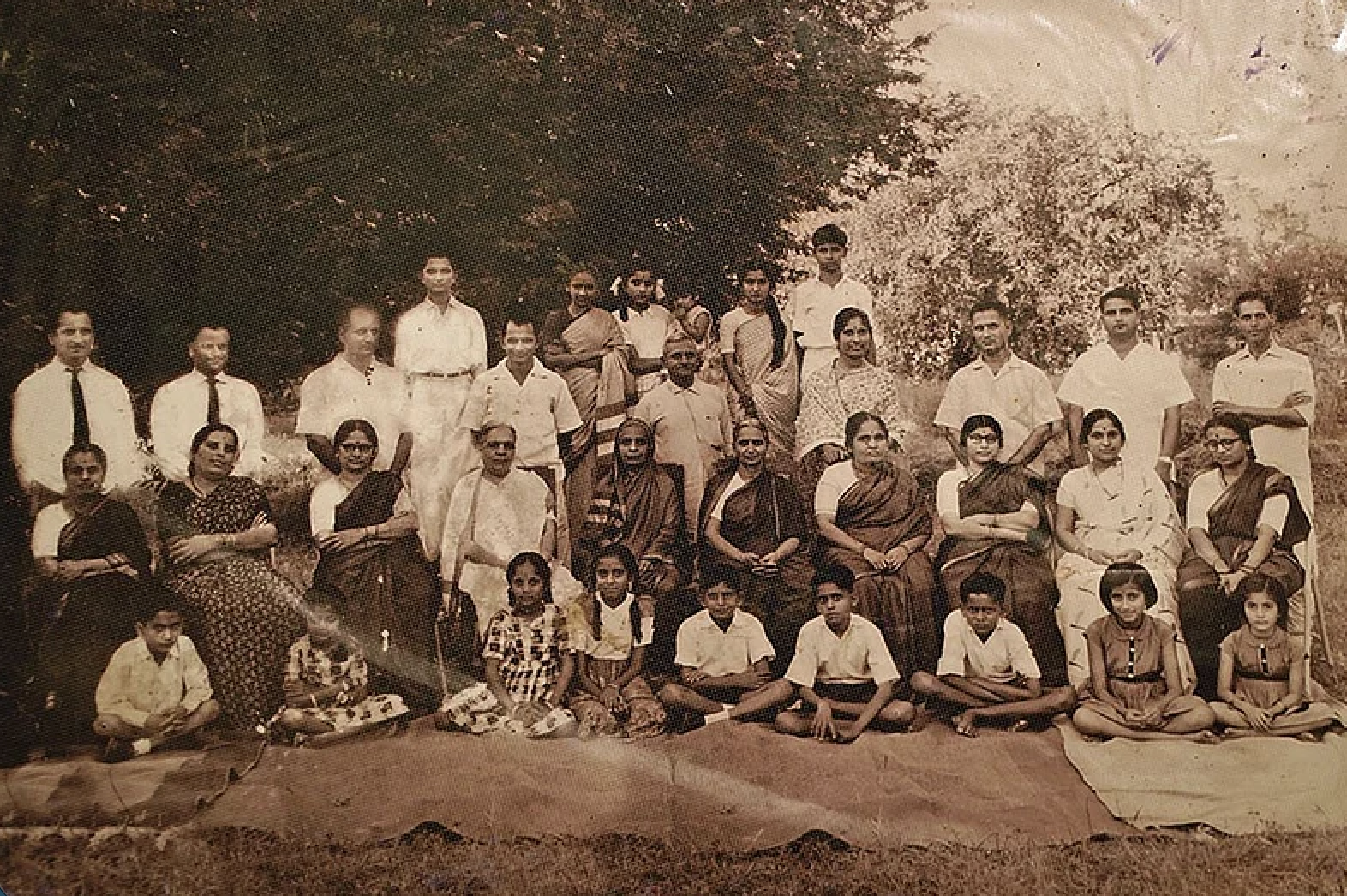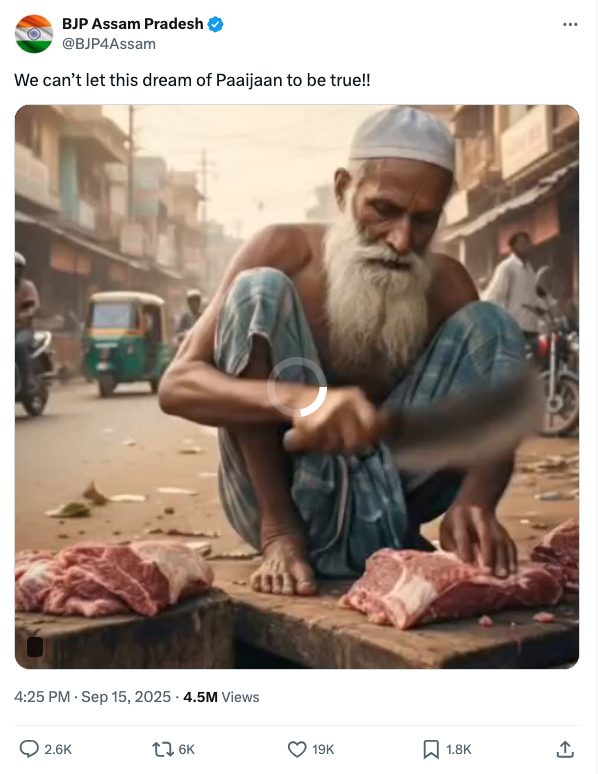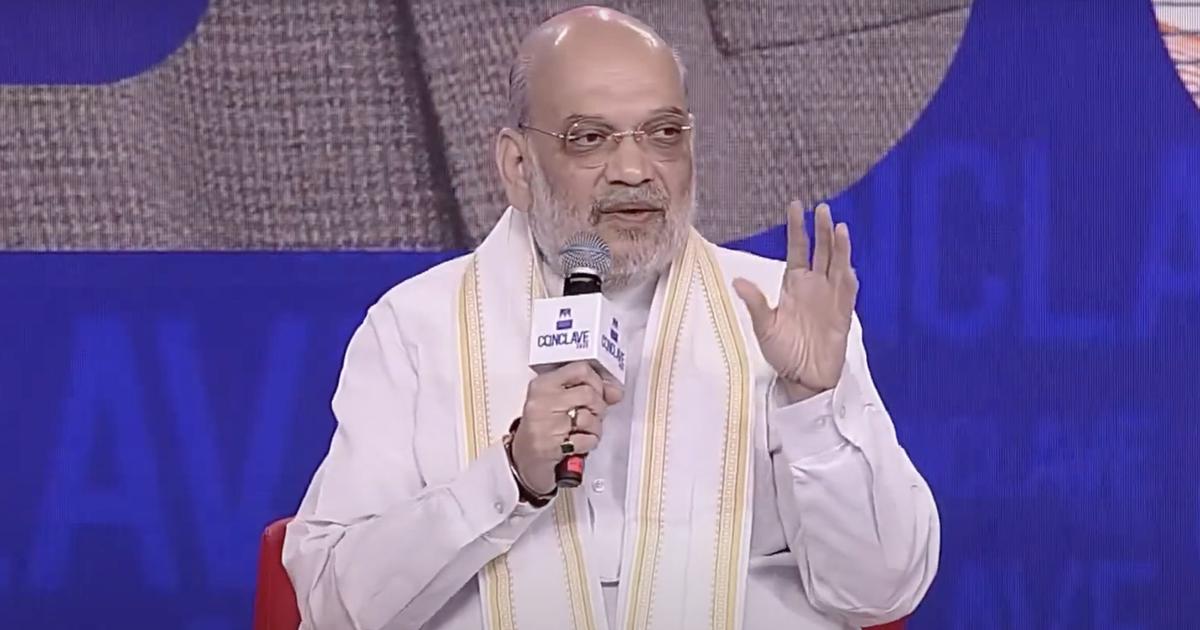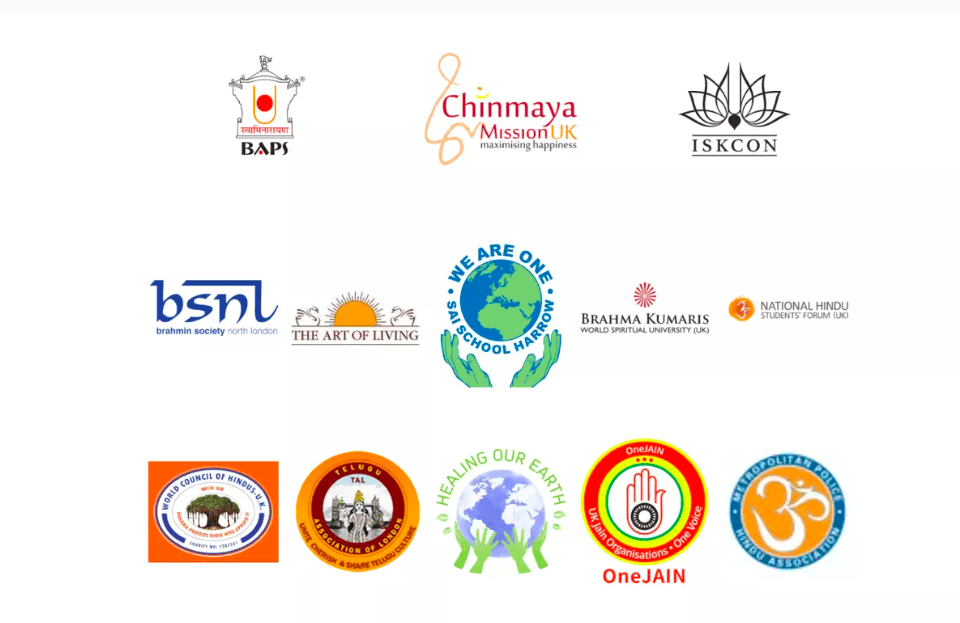
By Mira Patel
There is a powerful role that numbers can play in narrating the life of a democracy. As India votes in the 18th Lok Sabha elections, we dig out some key numbers that have shaped the country’s electoral politics over the decades. Data Proof, a seven-part series, will tell the story of elections in India through numbers.
Out of the 30 chief ministers in India at present, only six belong to minority communities. Among them, four are Christians, one is Sikh and one is Buddhist. Despite being the largest minority group at 14.2 per cent of the country’s population as per the 2011 census, no Muslims currently serve as a Chief Minister.
In all but two of the states with chief ministers from minority communities, the CM belongs to the religious group that occupies a majority at the state level. Meghalaya, Mizoram and Nagaland are all predominantly Christian and have elected a Christian CM. In Punjab, Sikhism is the largest religious group, accounting for 57.7 per cent of the state’s population (2011 census). Bhagwant Mann, a Sikh, is the Chief Minister of Punjab.
Nagaland, Meghalaya and Mizoram have never had a non-Christian CM. Only three Hindushave been elected as the CM of Punjab since Independence — Gopi Chand Bhargava, Bhim Sen Sachar and Ram Kishanand none since 1966.
This story was originally published in indianexpress.com. Read the full story here.


